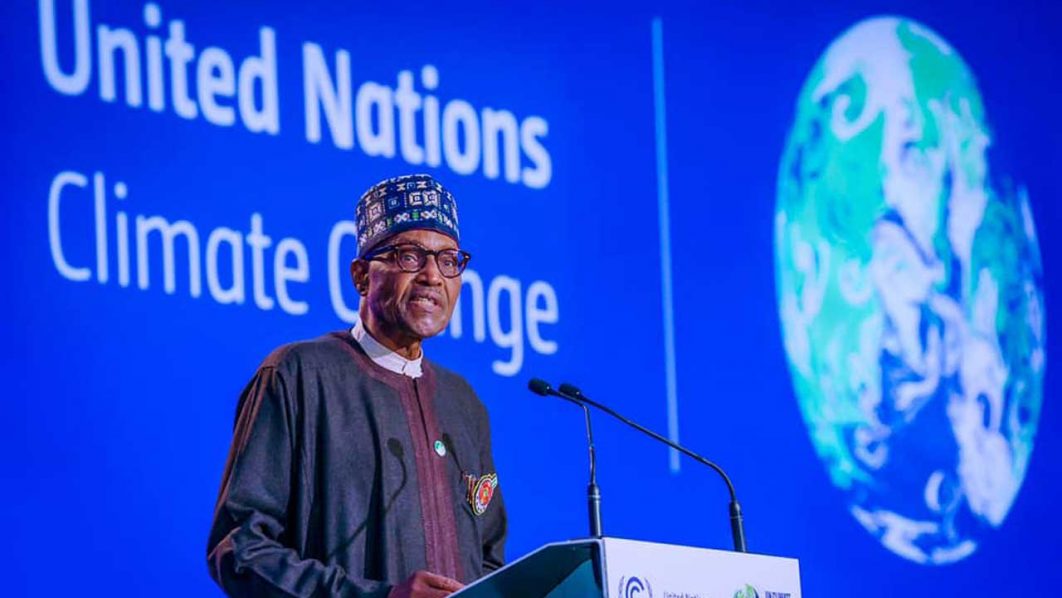
As the COP26 negotiations continue in Glasgow, Scotland about eight Nigerian institutions have joined 1,050 universities from 68 countries in making a range of new commitments to reach net-zero emissions by 2050 and transform their impact on nature, including a new initiative on nature-positive universities.
Over the last 12 months, academic institutions from across the globe have signed up to the UN’s Race to Zero campaign, committing to reduce their carbon emissions to zero by 2050 at the latest.
They include American University of Nigeria, Bayero University Kano, Ebonyi State University, Edo State University, University of Calabar, Nigerian Law School, Yenagoa Human Rights Clinic and International Institute of Chartered Humanitarians, Nigeria.
The initiative is being led by the Environment Association for Universities and Colleges (EAUC) and Second Nature with support from the UN Environment Programme (UNEP). For instance, Ebonyi and Edo State Universities have set a net-zero target of 2030, while Universities of Calabar plans to reduce emissions by 2050.
The UK’s High-Level Climate Action Champion, Nigel Topping, said: “Higher education institutions have the power to redesign the future. Not only are universities, colleges and schools committing to ambitious decarbonisation plans.
“These institutions also have the capacity – and indeed the responsibility – to support and educate our leaders of tomorrow. It’s fantastic to see so many higher education institutions joining Race to Zero and I urge those who are not yet in to commit and take action now.”
In addition to action on climate change, universities and colleges are also deepening their work for nature. The Vice-Chancellor of the University of Oxford introduced a new initiative at the forum, Nature Positive Universities, with the support of vice-chancellors and representatives from universities across the world, including Nigerian universities, the University of Cape Town, Universidad de São Paulo, University of Ghana, and the University of Tasmania.
The initiative, which will formally launch in 2022, will outline how universities can reduce their impact on nature by shifting their supply chains and restoring landscapes in their local areas.
“The higher education system oversees significant resources in human and financial capital, and how they deploy it can have a real impact on the planet. It is inspiring to see universities play a positive role in transitioning their institutions to being net zero and nature positive.
“Young people want to attend universities that are driving the environmental agenda forward – now the challenge is to scale this great work up from the progressive few to a standard procedure for all,” said Susan Gardner, Director of the Ecosystems Division at UNEP.
In addition to net-zero commitments and ambitions for nature, a new survey from the United Nations Educational, Scientific and Cultural Organization (UNESCO) and UNEP has explored how Education and Environment Ministries in some 21 countries work together on this agenda.
All countries studied, from Africa, Asia Pacific, West Asia, Europe and Latin America and the Caribbean, reported education for sustainable development and environmental education (ESD/EE).






